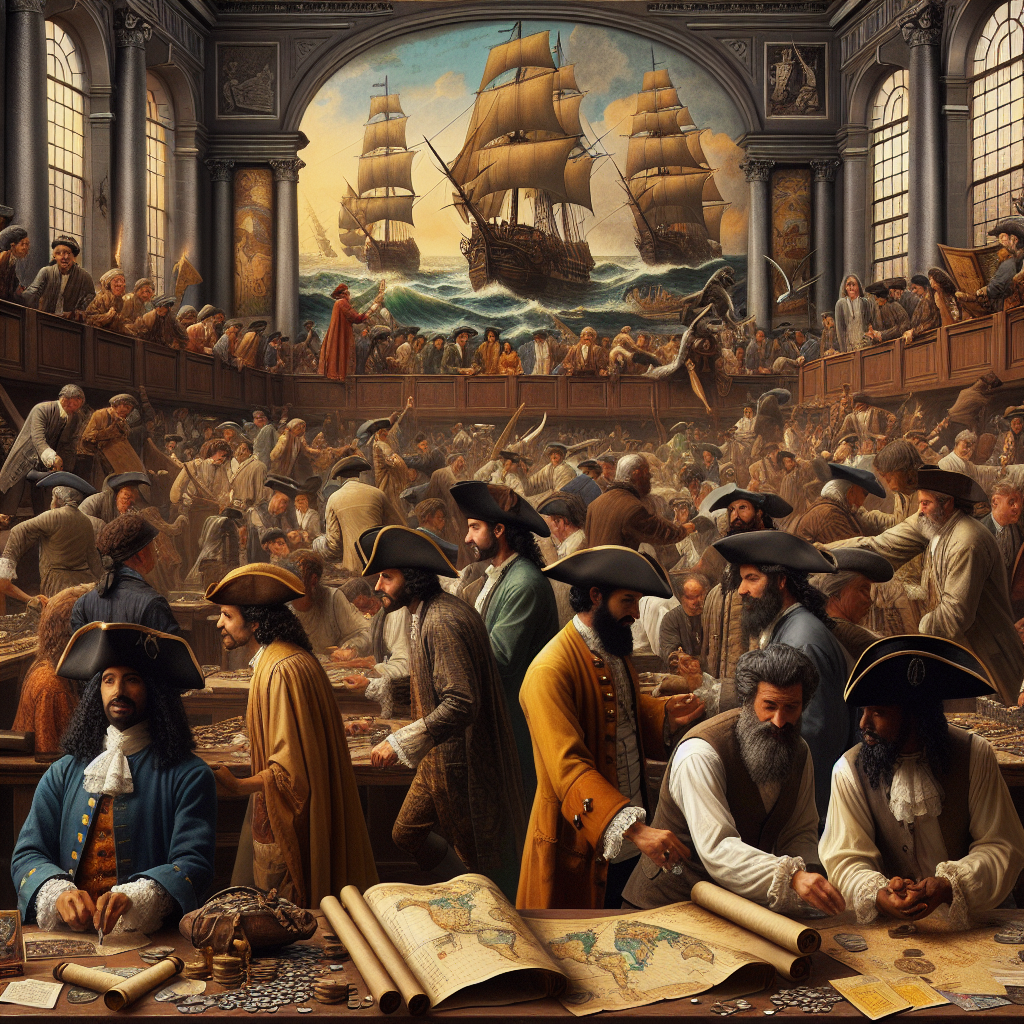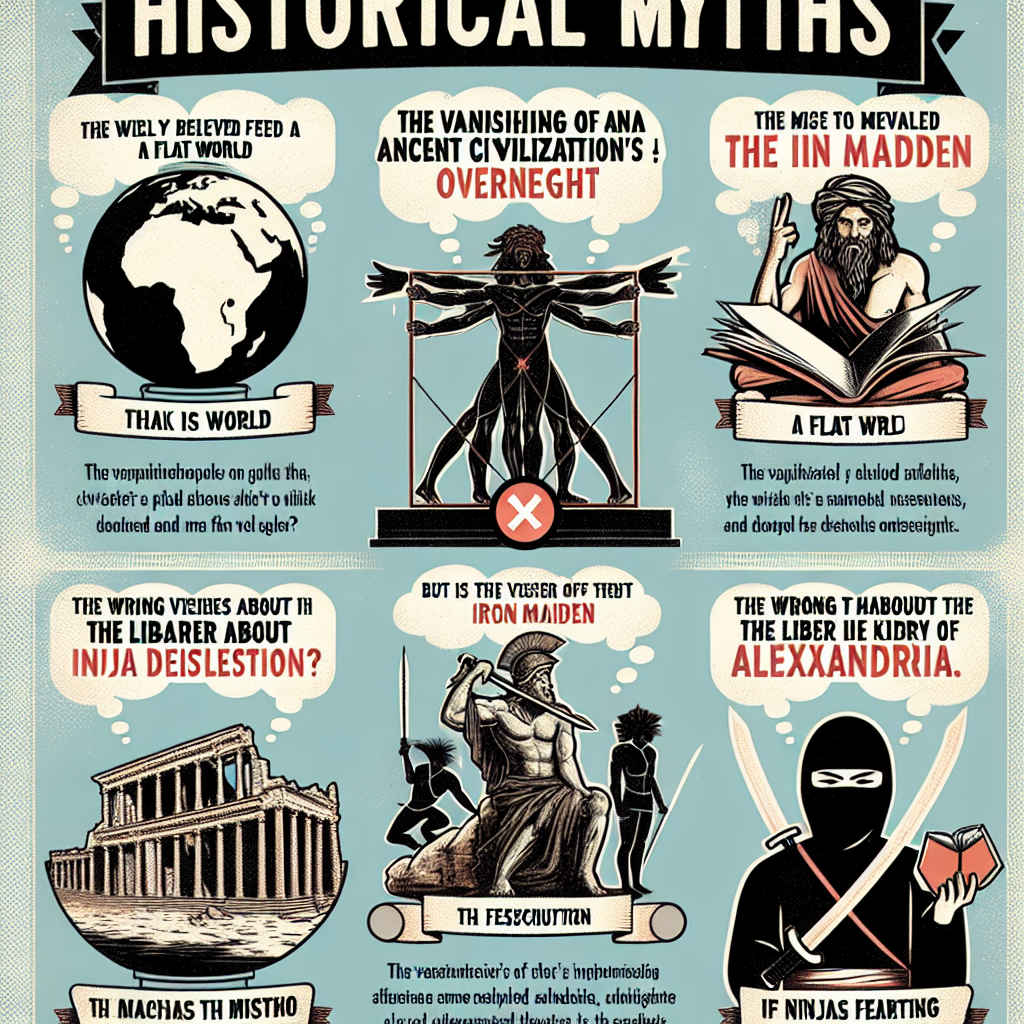There was a time when piracy wasn’t just tolerated—it was profitable. In the late 16th to early 18th centuries, during what historians call the “Golden Age of Privateering,” some of Europe’s most respectable gentlemen and monarchs turned seafaring banditry into a legitimate business model. Behind the romanticized image of eye patches and buried treasure lies a story of financial speculation, international politics, and the early roots of the modern stock market.
Privateering was piracy with paperwork. Unlike pirates, privateers carried a letter of marque, an official document from their government that legalized the capture of enemy ships during wartime. This thin layer of legality transformed looting into a patriotic duty—and more importantly, into an investment opportunity. Investors could fund privateering expeditions much like they would later buy shares in trading companies. If the privateer captured valuable cargo, the spoils were divided among the crew and the investors. Losses, naturally, were shared too.
In Elizabethan England, this practice reached fever pitch. Sir Francis Drake, often celebrated as an explorer, was in truth one of the most successful privateers in history. Backed by Queen Elizabeth I herself, Drake’s circumnavigation of the globe (1577–1580) was as much a financial enterprise as a voyage of discovery. His ship, The Golden Hind, returned loaded with Spanish treasure, earning his investors a staggering 4,700% profit. It was perhaps the most lucrative “stock market return” of the 16th century.
This wasn’t mere plunder—it was early capitalism. The profits from privateering financed England’s wars, enriched its nobility, and helped lay the foundations for the British Empire. Shares in privateering ventures were traded informally among merchants and nobles, forming a prototype of what would become organized financial markets. In fact, the speculative spirit of privateering can be seen as a direct ancestor to the trading frenzies that later defined the East India Company and the South Sea Bubble.
Privateering also reshaped international law. Nations began to distinguish between lawful privateers and rogue pirates—though the difference was often more political than moral. A privateer could be hailed as a hero in one port and hanged as a criminal in another. The shifting alliances of European powers made the legality of their actions a matter of timing and paperwork rather than ethics. For instance, during the Anglo-Spanish wars, English privateers were heroes; when peace was signed, those same men suddenly found themselves outlaws.
The American colonies eagerly joined the game. During conflicts like the War of 1812, U.S. privateers played a critical role in harassing British shipping, earning fortunes for investors in Boston and Baltimore. The trade in privateering commissions became so organized that insurance firms even offered policies on captured ships—a bizarre blend of warfare and financial speculation that blurred the line between battlefield and marketplace.
But as the 19th century dawned, privateering began to lose its shine. The rise of formal navies, the expansion of international trade, and growing diplomatic pressure to curb “legal piracy” led to the Declaration of Paris in 1856, where major powers agreed to abolish privateering altogether. It was the end of an era when adventure, violence, and finance mingled freely on the high seas.
Yet the spirit of privateering never truly disappeared. Today’s world of high-risk investment, venture capitalism, and corporate raiding echoes the same principles—backing daring individuals to capture wealth from uncertain seas. The risks are financial rather than mortal, but the psychology is familiar: fortune favors the bold, and legality often bends to the victors.
So, the next time you think of pirates as lawless rogues, remember that for centuries, some of them operated with royal approval and investor backing. The high seas were once the stock exchange of empires, and privateers were the first to turn plunder into profit. In many ways, the modern financial world was born not in the counting houses of London, but in the spray of cannon fire and the gleam of stolen gold.




